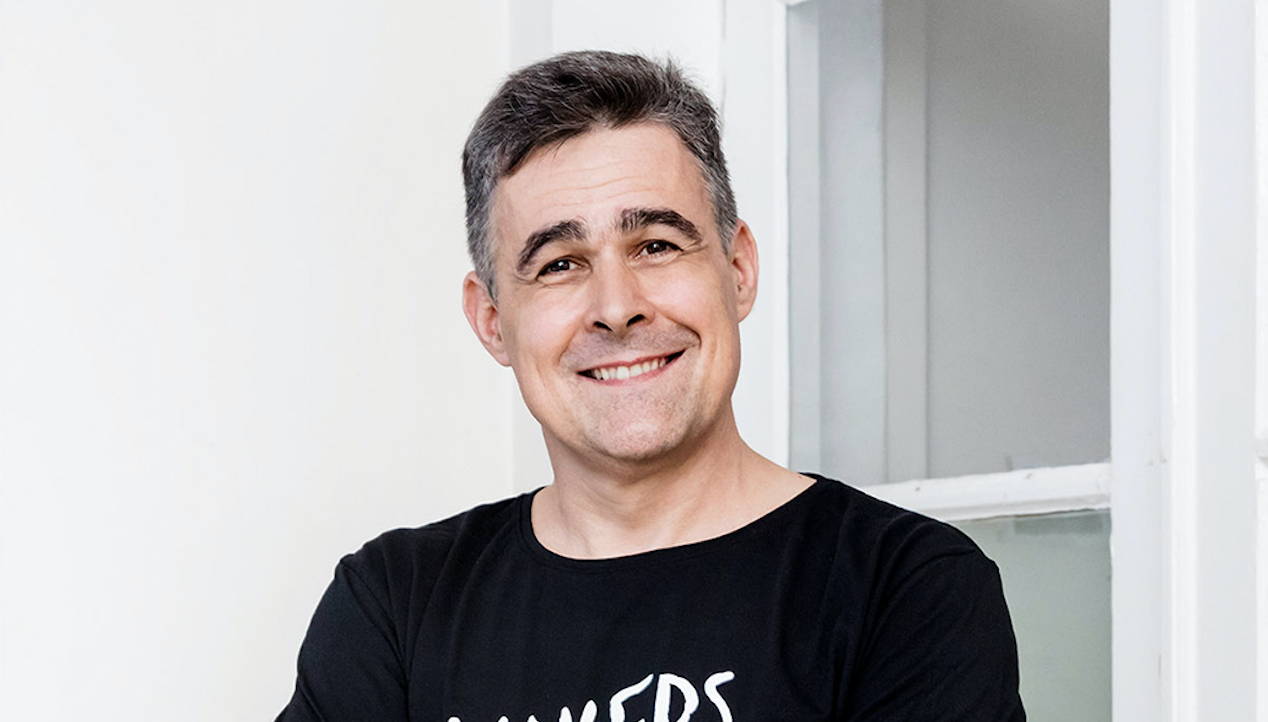Enter another fintech unicorn. Mollie, the Amsterdam-based payment services provider, raised a €90m Series B funding round that puts it into the €1bn+ valuation category. The round was led by US venture firm TCV, whose portfolio includes Netflix, Facebook, Spotify and Revolut.
Mollie, founded in 2004 and best known in the Dutch, Belgian and German markets, is up against some tough competition from well-established companies like Stripe and Adyen, but is attempting to win over particularly small and medium-sized business customers by making it as simple as possible to sign up to its services.
“We don’t want to be the biggest payment services provider, we want to be the most loved,” says Ken Serdons, Mollie’s chief commercial officer, whose background includes helping take Worldpay to IPO.
In addition to making itself as friction-free as possible by integrating with all the online shopping platforms and partnering with companies that build ecommerce sites, Mollie is hoping to carve a niche for itself as the payment provider that understands local European needs.
“We want to be more local than Stripe — we make sure we are optimised for all the local payment methods, and that you can get local language customer service,” says Serdons. This is how the company won Deliveroo as a customer in the Netherlands, he adds.
Like most online payment services companies, Mollie has seen a big increase in interest during the coronavirus crisis, as many small businesses had to quickly move to serving customers online.
“We saw a huge influx of new customers and a big increase in volumes. The coronavirus pandemic meant we probably gained a couple of years worth of growth in a short time. But the good thing is that the business grew faster in July than it did in June so it is not just a coronavirus effect, that trend is still continuing,” says Serdons.
Mollie plans to use the money to expand into new markets. The company, which has more than 100,000 customers, says it has seen processing volumes increase 1000% in Germany in the past year and 500% in France. Serdons declines to say — for now — if the company will enter the UK market, which has proved difficult for continental fintech entrants like N26 and Holvi.
Headcount has been growing rapidly — up to around 300 people now, from less than 180 a year ago.



